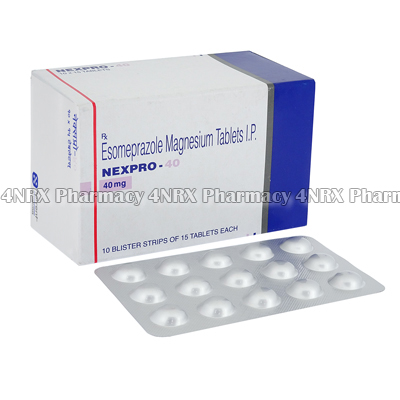 |
Home  Antidepressants Antidepressants  Respidon (Risperidone) Respidon (Risperidone) |
|
|||||||||
|
|
Respidon (Risperidone)
What is Respidon (Risperidone) used for? Respidon (Risperidone) is an oral antipsychotic prescribed to treat patients who are suffering from schizophrenia or manic episodes caused by bipolar disorder. The medication balances the levels of naturally occurring chemicals in the brain to prevent symptoms associated with these conditions such as fatigue, drowsiness, feelings of guilt, feelings of worthlessness, racing thoughts, or loss of interest in previously enjoyable activities. Your doctor may also prescribe it for the treatment of other unlisted conditions. How should I use Respidon (Risperidone)? Respidon (Risperidone) should always be used according to your doctor`s instructions to get the safest and most effective results from treatment. The normal dosage is one tablet administered once daily, but your individual instructions will depend on your current health condition and the severity of your symptoms. The tablets should be swallowed with a large glass of water and may be taken with or without food, although a snack or meal is recommended prior to use if you experience nausea. Never crush or split the tablets before use to avoid destroying or altering the effects of their contents. What are the side effects of Respidon (Risperidone)? Side effects that may occur while using Respidon (Risperidone) include:
Serious side effects that may require emergency medical attention are fever, flu symptoms, tremors, stiff muscles, faintness, difficulty swallowing, sores appearing in or around the mouth, or a painful erection lasting more than four hours. Tell your doctor as soon as you experience any troubling symptoms to make sure the correct alterations are made to your application frequency or dosage to stop further health problems from occurring. Please Note Respidon (Risperidone) should not be used to treat patients who are lactose intolerant, allergic to aspartame, or who have dementia. You are also suggested to inform your doctor if you have epilepsy, risk of stroke, heart disease, irregular heartbeats, cardiovascular disease, Parkinson`s disease, risk of blood clots, hypotension, hypertension, high prolactin levels, diabetes, liver disease, kidney disease, or who have a tumour that is affected by prolactin. These conditions may cause unexpected problems during treatment requiring special adjustments to your regimen. Strictly use Respidon (Risperidone) as prescribed and follow all instructions provided by your doctor. Safe, suitable, and optimum dosage can vary and is dependent on the patient`s health and medical history, as well as the condition you are treating. Respidon (Risperidone) may not be safe or suitable for all patients. Always ensure your doctor is informed if you are pregnant or breastfeeding, using any other type of medication (including non-prescription medicine, vitamins, and supplements), as well as if you have any allergies, other illnesses, or pre-existing medication conditions. Seek immediate medical attention or proceed to your nearest accident and emergency department if you suffer a hypersensitive or allergic reaction. Symptoms usually present during a reaction of this nature include difficulty breathing or swallowing, swelling of the limbs or face, tight chest, hives, and skin rashes. 
|
||||||||||||||||||